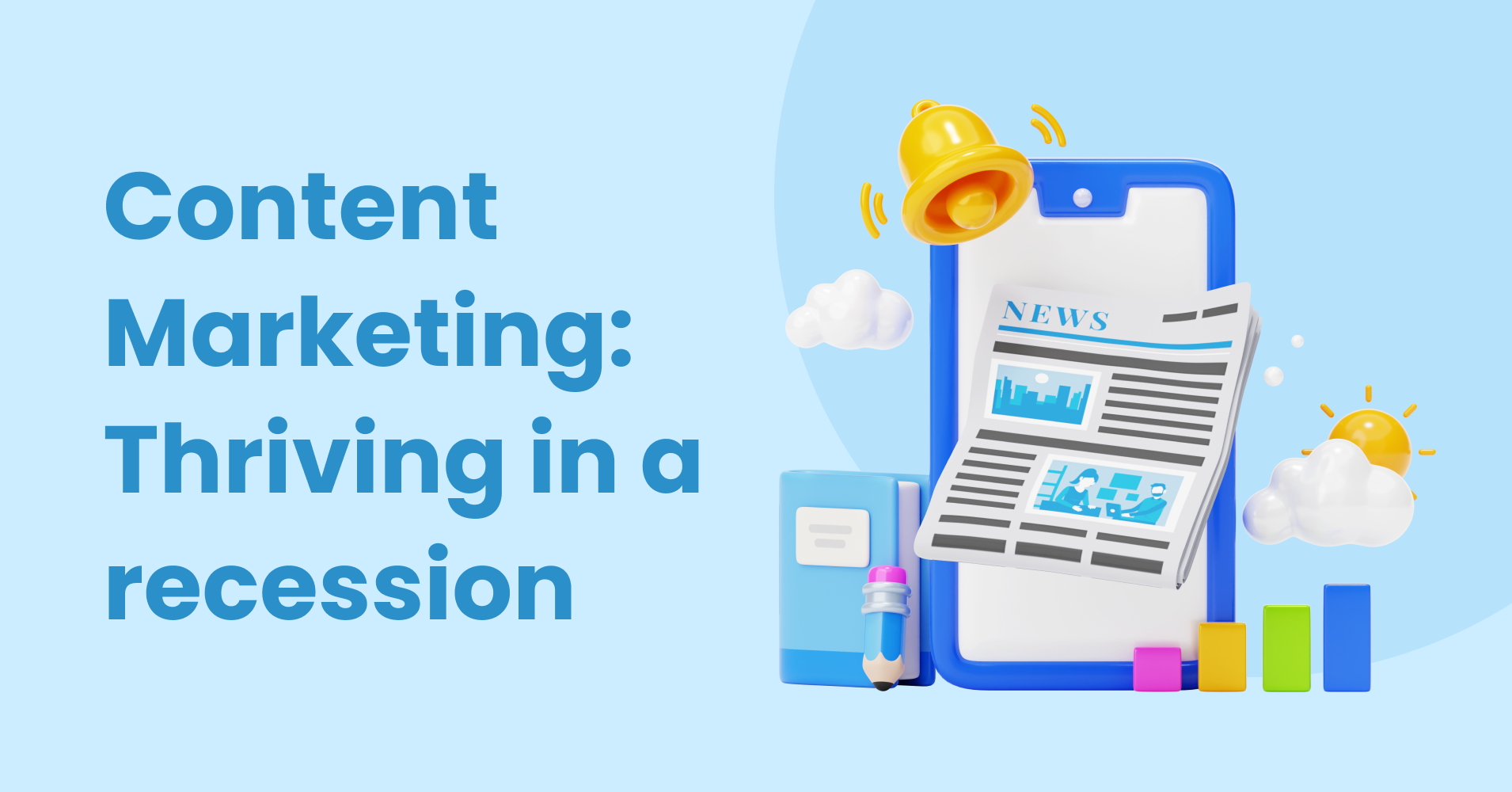At the centre of every great B2B or B2C experience lies a customer journey that provides a certain amount of relevant, contextual, and useful information which inevitably promotes an action or a sequence of actions. The importance of content in the customer journey is paramount as it drives awareness and enables thought-provoking acts.
Amidst an economic recession, content becomes the most valuable asset for enhancing loyalty and buying intention.
If it is so important, why are companies stopping marketing efforts?
Whilst no one knows for sure how long the COVID-19 pandemic will impose its terror; many organisations have already made drastic adjustments to their revenue objectives in anticipation of the economic impact.
Among many things, expenses, opening-hours, and staffing are being constantly monitored and evaluated by firms throughout this pandemic. The unravelling of these unprecedented circumstances is effectively tightening the strain on businesses of all sizes and within all industries. During any financial instability, distress and/or confusion – marketing is the first to be scrutinised and is often the scapegoat.
Content is king, and content is currency. When all is said and done, content (done well and distributed correctly), has incredible ROI.
As can be applied to most things in life; with upward trends will always come the downfall, and after some rain spells emerges a rainbow. Recession and downturns will not last forever. That’s why it is extremely important that a business can continue to keep adding value to their brand during these unsettling times. Content marketing can validate a brand and make consumers at ease – embedding deep-rooted value and messages that resonate with the consumer.
All content is not created equal. Creating content does not mean ‘creating content for the sake of it’. Some firms forget that. Quality supersedes quantity. To foster and maintain the one-to-one relationship, whilst cutting through the noise of competitors – content must be concise, relevant, and benevolent. Redefining and rethinking the way we apply the traditional marketing strategy (with an emphasis on the long-term) is what’s needed. This is what great content marketing is.
Empathy. Compassion. Understanding.
Empathy, compassion, and understanding is also required from modern businesses. If you cannot effectively identify who your buyer is, what they do, and how they are being impacted by current events then it becomes impossible to communicate with them. Your ideal customer now has different challenges, objectives, and trigger points. In the past few months alone a great awakening has happened, and people are becoming more demanding (and rightly so) of corporations to abide by equality (i.e. LGBTQ+ communities, Black Lives Matter Movement and more). Relating to these changes requires marketing to adjust. Focusing efforts on discovering what’s changed, updating your target audience and customer profiles, buyer personas and then aligning everything accordingly.
It’s essential to acknowledge the need for context. Revisit your customers, adapt, stay nimble and be proactive. A good phrasing is – change with the future or get left behind in history. In times of crisis, an empathetic-centric content strategy allows buyers to act despite bleak circumstances. Monitor, Evaluate and Execute. We’ll evolve and become better marketers. We’ll evolve and become better businesses. If you treat the customer right, they will reward you for the effort.
